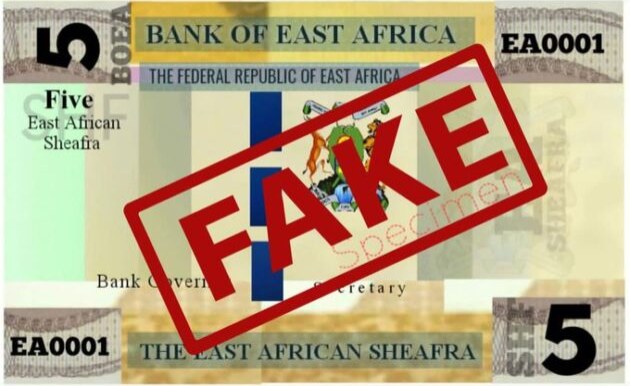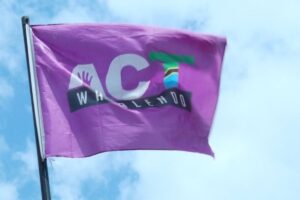Unguja. Three weeks following a significant ruling by the High Court of Zanzibar that overturned a restrictive provision within the Liquor Control Act (LCA), signalling a shift in the island’s alcohol import landscape, The Citizen has uncovered developments indicating the issuance of licences to additional operators by the Zanzibar Liquor Control Board (ZLCB).
Despite this move, tensions simmer as previous importers face delays in permit issuance, sparking concerns about potential legal confrontations and impacting the beer market’s stability.
Preliminary findings show that the Zanzibar Liquor Control Board (ZLCB) has so far issued licenses to three more companies, apart from the three who were issued import permits in January 2024.
The companies include Kifaru, Bevco, Zanzi Imports, Emirates Leisure, 101 Investments and Cross Boarders Trading Co. The board, however, has yet to issue permits to previous importers, contrary to the court ruling that opened doors to more players as long as they met the licensing prerequisite.
Documents that The Citizen has seen show that the three companies, ZMMI, One Stop and Scotch Store, have cargo worth billions being held at the port of Malindi and paid all the duties and taxes to the relevant bodies.
The continued delay in releasing the goods at the port by the ZLCB could have ramifications after the three companies filed for contempt of court against port authorities for failure to obey an earlier ruling by Judge Rabia.
On February 19, the High Court of Zanzibar granted an injunction requested by Zanzibar Maritime and Mercantile International Co. Ltd., (ZMMI), One Stop Company Limited, and Scotch Store Limited, restraining the ZLCB from interfering with their operations, suspending their permits, or delaying their goods.
In response, the ZLCB chairman wrote to the chief executive officer of the Zanzibar Multi-Purpose Terminal, instructing the management not to follow the supposed order.
Observers say that though there has been some reprieve, the beer market in Zanzibar is yet to stabilise as the new players seek to fill the void left by the three players who have served the Isles for almost three decades.
“Sometimes we get the products from one importer, but on some occasions we are forced to buy them in pieces or, on certain occasions, nothing at all,” said one bar owner who preferred anonymity.
The Citizen reached out to the liquor board’s secretary, Ms Zainab Sururu, for comment, but she declined, saying she does not speak to journalists.
For his part, the permanent secretary in the Ministry of State, Office of the President for Regional Administration and Special Departments, Issa Mahfoudh Haji, whose docket handles such affairs, promised to clarify the issues after May Day celebrations.
“I would prefer it if you came to the office (Unguja) and we met physically,” Mr Issa Mahfoudh Haji told this reporter. However, the meeting never happened, even after the reporter travelled to Zanzibar to meet the PS. His phone initially went unanswered, and later on he blocked the reporter.
In January, the hospitality industry in Zanzibar was thrown into panic after the board denied the existing importer license, resulting in an acute shortage of beer and other alcoholic beverages in the Isles.
By February, during the Sauti za Busara festival, which has since become a high tourist season, certain brands had gone up by almost 300 percent, forcing revellers to dig deeper into their pockets for the golden liquid. In the April ruling, Judge Kazi found the restriction on import permits violated several fundamental rights enshrined in the Zanzibar Constitution, including the freedom to conduct business and the right to earn a living.
The judge highlighted that the Constitution protects citizens’ right to pursue business ventures for their livelihood. Section 33(1), in his view, discriminated against those seeking to enter the liquor import market, unfairly limiting opportunities to just three entities.
The judge pointed out that both the Zanzibar Constitution and the Fair Competition and Consumer Protection Act (FCFCPA) prohibit businesses from acting in a way that stifles competition or hinders new entrants in the market.
The judge specifically addressed the government’s failure to present evidence: “Is there excessive liquor importation in Zanzibar that is beyond market demand? Does the law impose any restriction against the three licensed importers on the quantity of liquor to be imported?”















